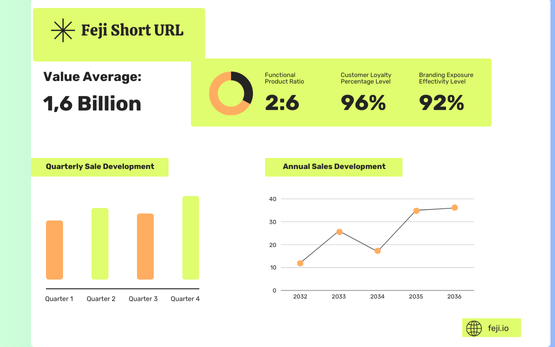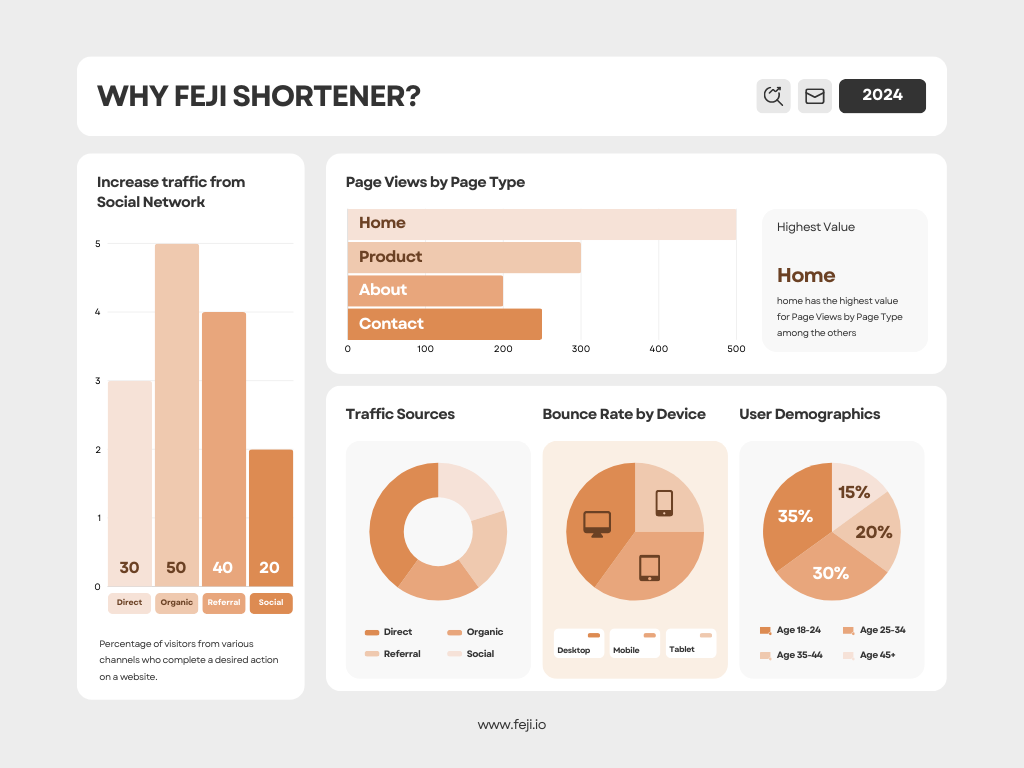Running a business involves navigating a sea of uncertainties. From dealing with clients and customers to managing employees, the scope of potential risks is vast. One robust solution to mitigating these risks is securing comprehensive business insurance. In this article, we delve into five essential reasons why your business needs insurance, underscoring the crucial role it plays in maintaining your business's longevity and stability.
What Types of Insurance Does Your Business Need?
Before diving into the benefits, it's vital to understand the types of insurance that your business might need. Business insurance isn't a one-size-fits-all product. Depending on the nature and scope of your operations, you might require a combination of different policies:
- General Liability Insurance: This protects your business from claims of bodily injury, property damage, and advertising injury.
- Professional Liability Insurance: Especially important for service-based businesses, this covers claims of negligence or inadequate work.
- Property Insurance: Covers damages to your business property due to events like fire, theft, or natural disasters.
- Workers' Compensation Insurance: Provides benefits to employees who get injured or fall ill due to job-related activities.
- Commercial Auto Insurance: For businesses using vehicles for operations, this covers accidents involving company vehicles.
- Cyber Liability Insurance: Protects against data breaches and cyber-attacks, essential for businesses handling sensitive information.
Is Business Insurance Required?
In many jurisdictions, certain types of business insurance are mandatory. For example, most states in the U.S. require businesses to have workers' compensation insurance if they have employees. Similarly, depending on your industry, professional liability insurance might be a regulatory requirement. Beyond these legal stipulations, having comprehensive insurance demonstrates due diligence and can protect against the unforeseeable.

Why Business Insurance Is Important
1. May Be Required By Law
One of the primary reasons why your business needs insurance is legal compliance. Governments and regulatory bodies have stipulated certain insurance requirements to safeguard the interests of employees, clients, and the public.
- Workers' Compensation: Almost universally mandated, this insurance ensures that in the event of an employee's work-related injury or illness, they receive medical and financial benefits, preventing potential lawsuits against your company.
- Commercial Auto Insurance: If your business involves transportation, commercial auto insurance is usually a legal requirement to cover bodily injury and property damage caused by company vehicles.
- Professional Liability: Certain professions, such as doctors and architects, are legally required to have professional liability insurance to cover claims arising from professional mistakes or negligence.
Failing to adhere to these regulatory requirements can result in severe penalties, including hefty fines and legal actions, which can cripple a business.
2. Protects Against Costly Lawsuits
In today’s litigious society, even small businesses are not immune to lawsuits. Whether it's an alleged breach of contract, workplace accidents, or customer injuries, the legal costs can be exorbitant.
- Liability Insurance: General liability insurance helps protect your business from financial devastation by covering the cost of legal defense, settlements, and judgments up to the policy limit.
- Professional Liability Insurance: If a client claims that your business has made an error or omission, this insurance can cover defense costs and any settlements or judgments.
Without proper insurance, your business could be financially impacted to the point of closure. Legal disputes are not just costly but also time-consuming. Having the right insurance means you can quickly address and resolve these issues, allowing you to focus on running your business.
3. Increases Business Credibility
Having a well-rounded insurance plan in place can significantly enhance your business's credibility. Insurance coverage projects a professional image, demonstrating to clients and stakeholders that you are a responsible entity that values security and reliability.
- Client Confidence: Many clients look for businesses that are properly insured before entering into contracts, as it ensures that they are protected in case things go awry.
- Partnerships and Financing: Potential partners and investors often view insured businesses more favorably because it indicates reduced risk.
By showcasing that you have invested in comprehensive insurance, you foster trust and reliability, which can lead to more business opportunities and partnerships.
4. Quicker Recovery After Unexpected Events
Natural disasters, thefts, accidents, and other unexpected events can wreak havoc on your business operations. Business insurance can provide the necessary cushion to help you recover swiftly from such disruptions.
- Property Insurance: Covers the cost of repairing or replacing damaged physical assets, allowing you to restore business operations faster.
- Business Interruption Insurance: This is crucial if your business premises become uninhabitable due to a covered peril. It compensates for the loss of income during the period you are unable to operate.
Without insurance, the financial burden of replacing assets, restoring operations, and covering ongoing expenses could be insurmountable.
5. Protects Employees and Clients
Your business isn't just about you; it’s also about the people who help keep it running — your employees and clients. Adequate insurance ensures their protection and wellbeing, which is essential for maintaining a stable and productive environment.
- Workers' Compensation: Provides medical treatment, disability, and death benefits if employees are injured or die from work-related causes.
- Employee Health Insurance: Offering health insurance can attract high-quality employees and increase job satisfaction and retention.
- Customer Protection: General and professional liability insurances protect clients against any potential damages resulting from your business operations or professional advice.
Understanding the importance of your obligation towards those dependent on your business fosters goodwill, ensures loyalty, and minimizes turnover.

What Does Business Insurance Cover?
Comprehensive business insurance provides a safety net by covering various aspects:
- Liability Risks: General and professional liability insurances cover legal liabilities associated with injuries, accidents, or professional errors.
- Property Damage: Property insurance covers damage to your business’s physical location and assets due to fires, storms, theft, and other unforeseen events.
- Employee-Related Risks: Workers’ compensation and health insurance cover medical and disability expenses for employees.
- Operational Interruptions: Business interruption insurance compensates for income loss and operational expenses due to temporary halt in business activities.
- Cyber Risks: Cyber liability insurance safeguards against data breaches and cyber-attacks, covering notification costs, legal fees, and associated damages.
In conclusion, business insurance isn’t merely a regulatory requirement or an added expense. It is a vital component of a robust risk management strategy that protects against potential financial losses, legal disputes, and operational disruptions. By acknowledging the significance of business insurance, you not only safeguard your assets but also enhance your business's reputation and credibility in the market. Therefore, investing in comprehensive business insurance is indispensable for ensuring the long-term sustainability and success of your enterprise.

 Vietnamese
Vietnamese









Nguyen Hoai Thanh
Nguyen Hoai Thanh is the Founder and CEO of Metaconex. With 12 years of experience in developing websites, applications and digital media, Nguyen Hoai Thanh has many stories and experiences of success to share.